Christian Hope
Holy Saturday: When Hope Is the Only Light
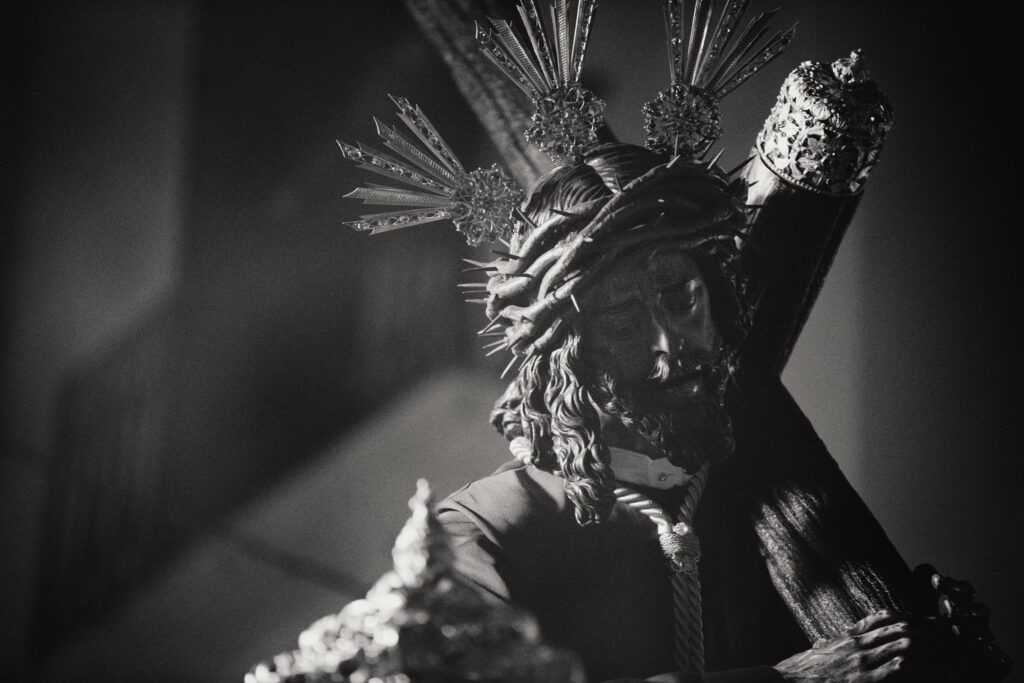
Fourth day (of 5) of the “Lenten Talks” 2025, at the Parish of Saints Cosmas and Damian, Burgos. Commentary on the events of Holy Saturday: When evening came, since it was the day of Preparation, the day before the Sabbath, Joseph of Arimathea, a noble member of the Sanhedrin, who was also awaiting the kingdom of God, came boldly before Pilate and asked for Jesus’ body. Pilate was surprised that he was already dead; and, calling the centurion, he asked him if he had been dead for a long time. Informed by the centurion, he granted the body to Joseph. Joseph bought a linen cloth, took Jesus down, wrapped him in the linen cloth, and laid him in a tomb hewn out of the rock. He rolled a stone against the entrance of the tomb. Mary Magdalene and Mary, the mother of Joseph, watched where they laid him. When the Sabbath was over, Mary Magdalene, Mary the mother of James, and Salome bought spices so that they might go and anoint Jesus. And very early on the first day of the week, as the sun rose, they went to the tomb (Mark 15:38-16:2).
We arrive at Holy Saturday after having traveled the painful path of the Easter Triduum. On Holy Thursday, Jesus surrenders himself in the Upper Room; on Good Friday, he carries the cross and dies. And Saturday… Saturday is the day of silence. Jesus is buried. God seems absent.
The Gospels barely mention that day. Mark says that, after the burial by Joseph of Arimathea, “after the Sabbath, Mary Magdalene, Mary the mother of James, and Salome bought spices so that they might anoint Jesus.” Nothing more. It is the Jewish day of rest, on which nothing is done. But, above all, it is the day of desolation.
That silence resonates loudly today. We live in a new “Holy Saturday”: an age without God. It is no longer Nietzsche’s tragic cry—”God is dead”—but a banal, superficial indifference that denies even the possibility of anything worthwhile.
The French sociologist Emmanuel Todd, not at all suspected of mysticism, describes the transition from active faith to “zombie” Christianity (where remnants of tradition remain) and finally to “zero religion,” where God has disappeared from the horizon. We are there. In the void. And yet, as then, there is a burning flame: that of Mary.
Only Mary, on that first Holy Saturday, keeps faith alive. She heard Jesus say that he will rise again. And she believes it. That certainty is called hope. It is not optimism. It is not saying “everything will be all right.” It is trusting in what God has promised: relief, mercy, and eternal life.
Jesus promises relief, not magic solutions. “Come to me, all you who are weary and burdened, and I will give you rest.” To relieve is to give meaning, to strengthen, to accompany. It is to heal loneliness.
Jesus promises mercy. He forgives all sins. He only asks us to take one step: to approach the confessional. And He, like the father of the prodigal son, runs toward us, embraces us, showers us with kisses.
Jesus promises eternal life. A judgment, yes, but before His loving gaze, where everything will become clear. Benedict XVI speaks of three destinies: those who open themselves completely to love, those who completely reject it, and those who need to be purified. And for the latter, our daily crosses are opportunities.
Mary, on that Saturday more than two thousand years ago, does not despair. She does not sit back, she actively waits, because she knows that Jesus will return. That is Christian hope. To live knowing that God keeps His promises. That suffering has meaning. That love has the last word.
Today, while the world reels in its smiling nihilism, while many live aimlessly, Mary teaches us to hope. To trust. To live differently.
Mary, our hope, pray for us.
Day One: Easter or Nothing: The Heart of the Christian Faith
Day Two: Dying to Self, Being Born to Love
Related
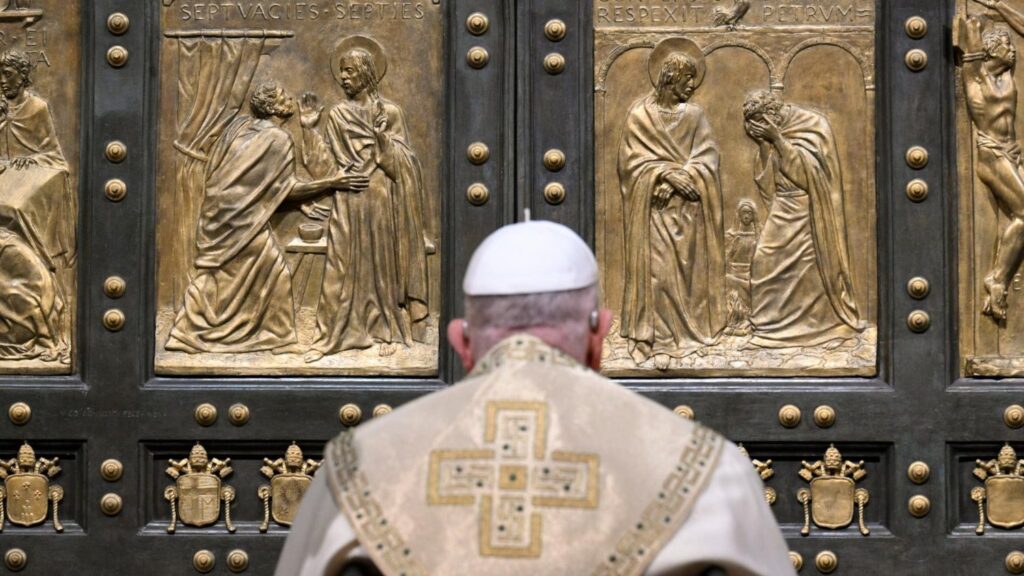
How to gain a plenary indulgence during the Jubilee Year?
P Angel Espinosa de los Monteros
14 April, 2025
3 min
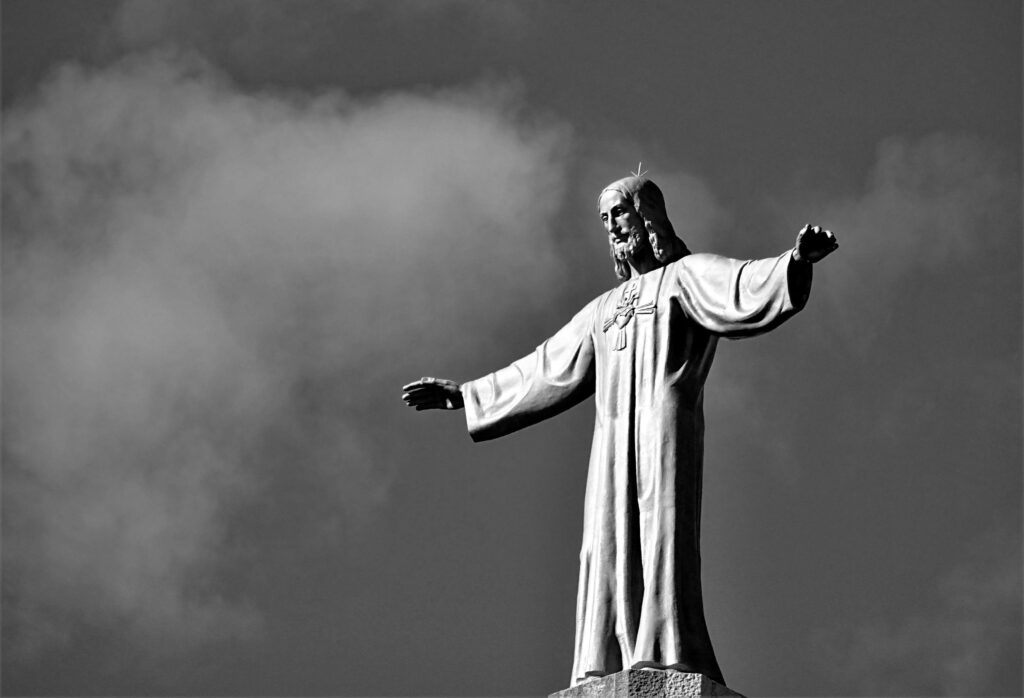
The Christian Sacrifice
Luis Herrera Campo
14 April, 2025
4 min
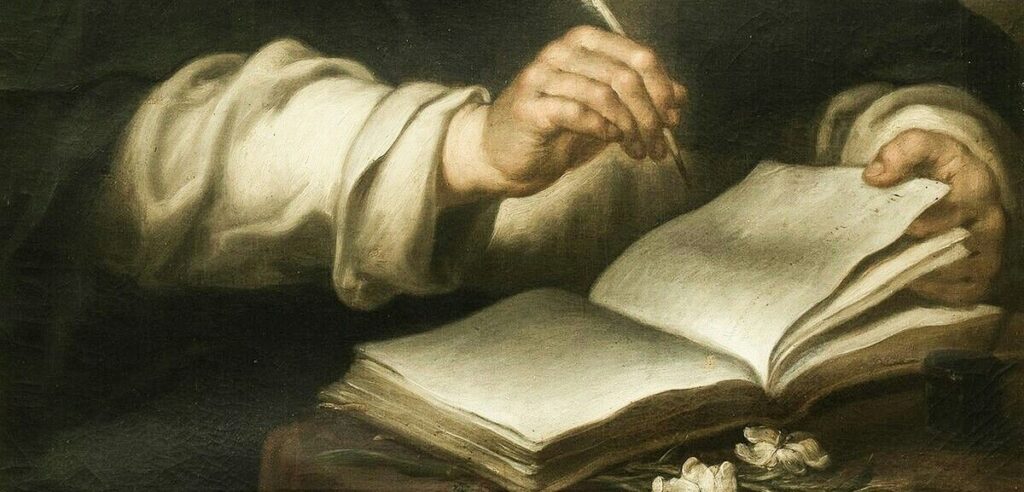
A Prodigious Mind: Thomas Aquinas
Jesús Ortiz López
14 April, 2025
6 min
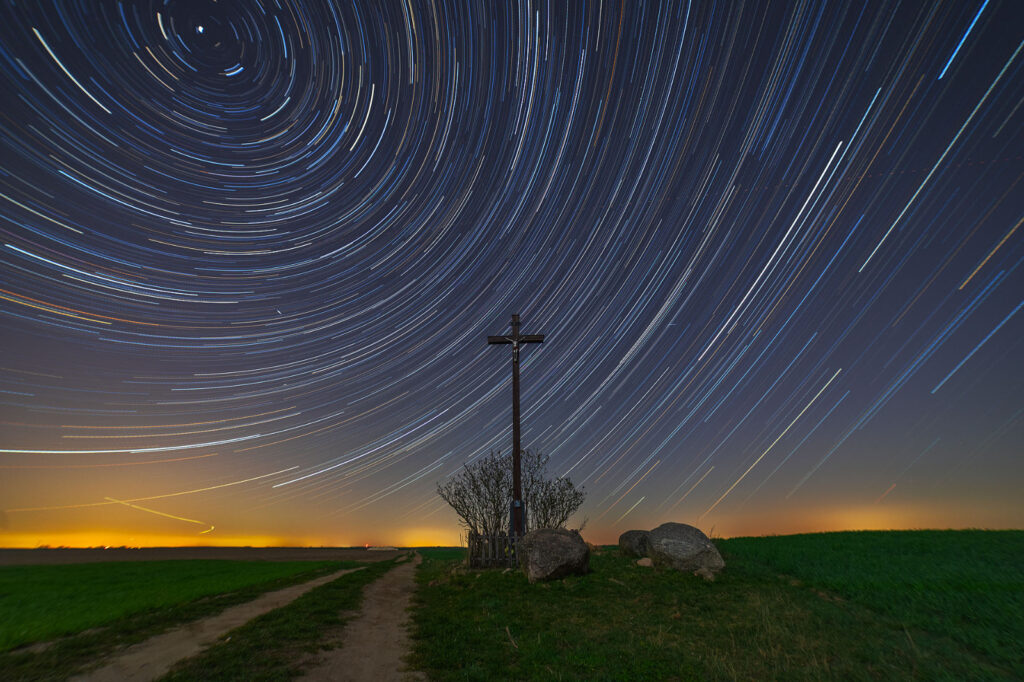
Sunday Psalm: A Sense of Abandonment and Hope for Salvation
Heschel Centre for Catholic-Jewish Relations at the Catholic University of Lublin
13 April, 2025
4 min
 (EN)
(EN)
 (ES)
(ES)
 (IT)
(IT)

